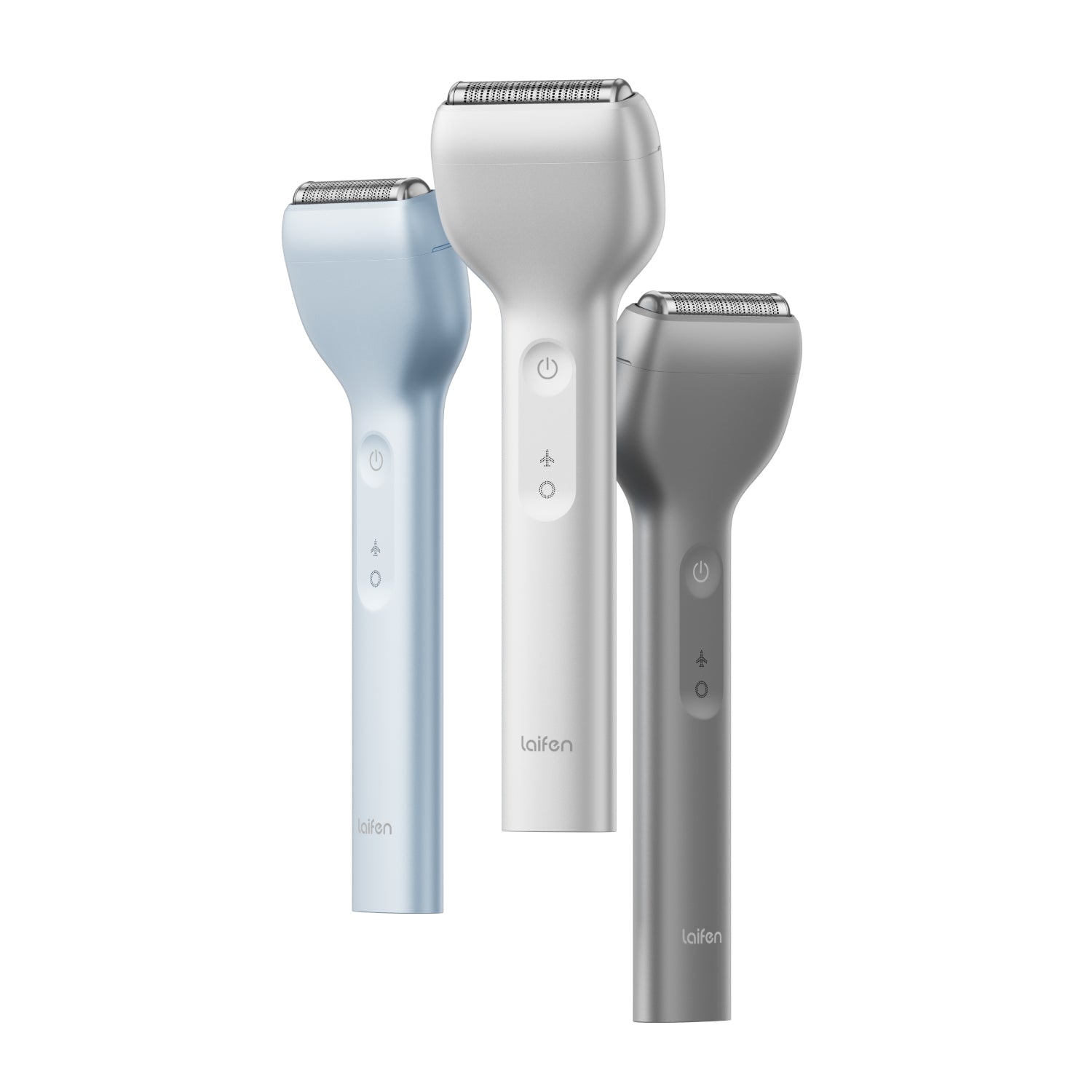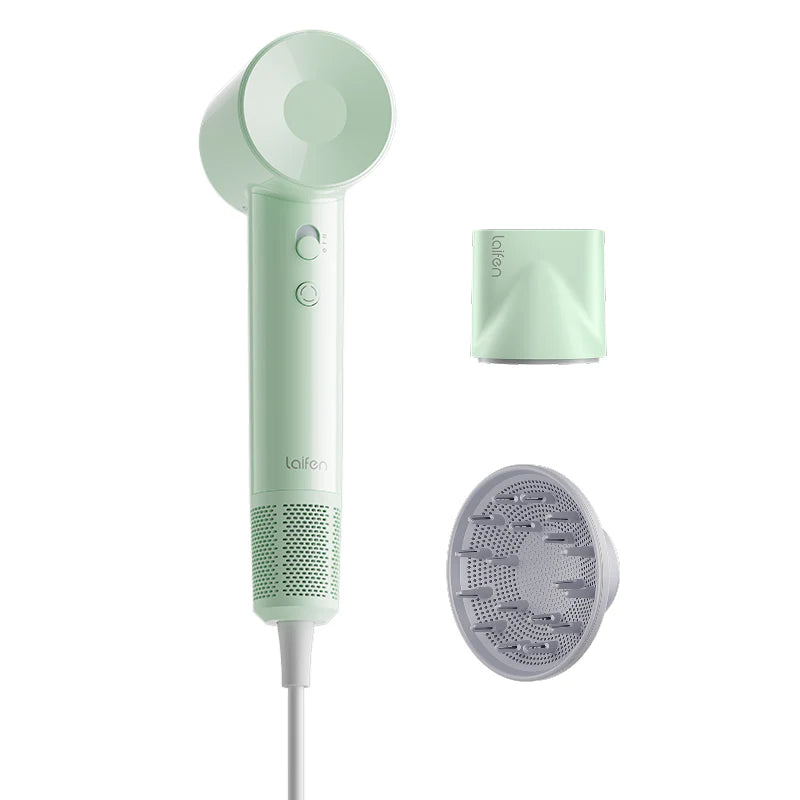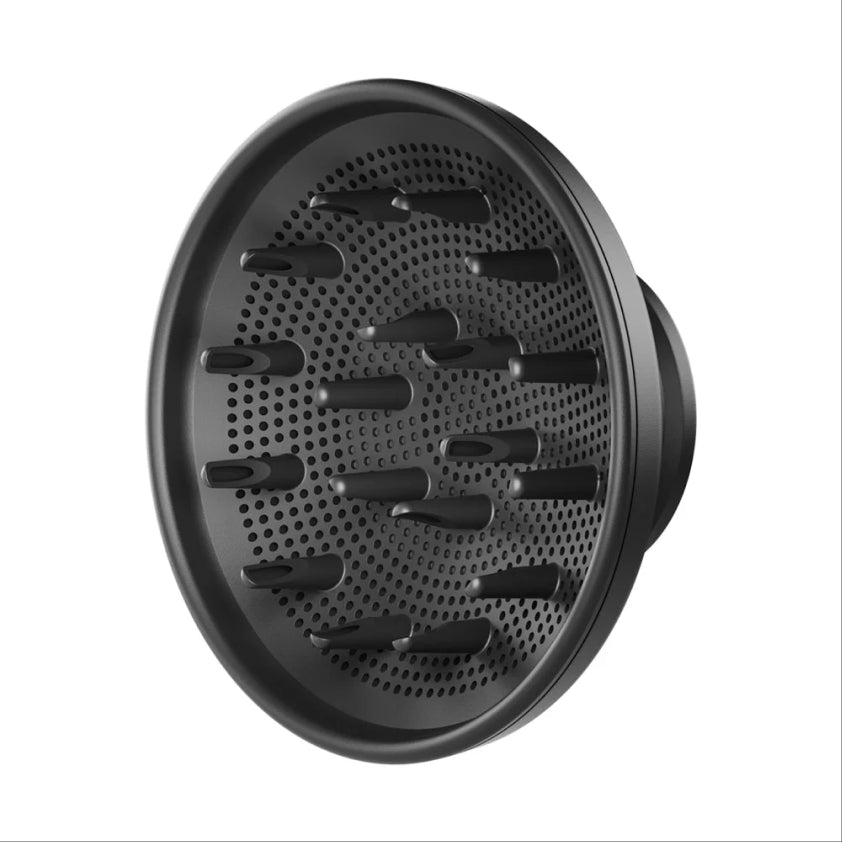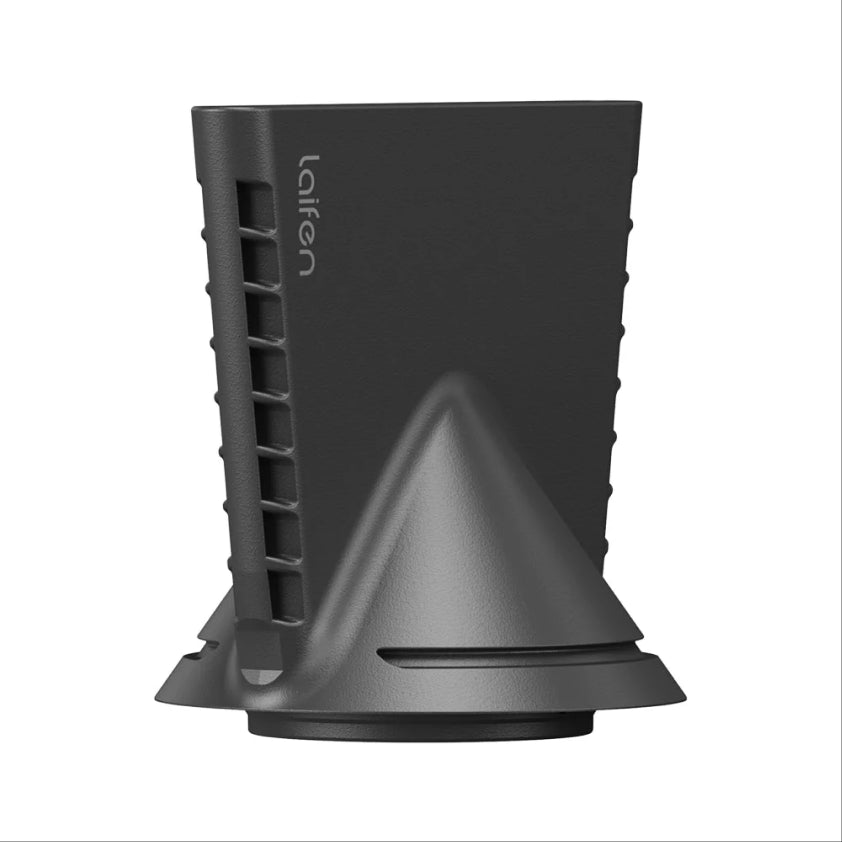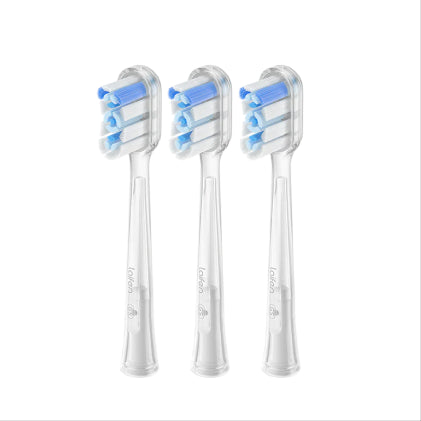
In this article
- How Much Electricity Does a Hair Dryer Actually Use?
- Are Modern Hair Dryers More Energy-Efficient Than Older Models?
- Do Powerful Hair Dryers Always Use More Electricity?
- Power and Wattage: What Do They Mean for Hair Dryer Energy Consumption?
- Tips for Reducing Power Consumption
- Conclusion: How Much Electricity Does a Hair Dryer Use?
How much electricity does a hair dryer use? This is a common question many people ask. After all, you want to keep your energy bills within a reasonable range. Hair dryers can consume a significant amount of energy, especially if you use them frequently. But just how high is the consumption? Is there a difference between older and newer models? In this article, we'll explore how much power a hair dryer actually needs. You'll also learn tips on how to reduce energy consumption while blow-drying. By the end, you'll know exactly what steps you can take to save energy.
How Much Electricity Does a Hair Dryer Actually Use?

Hair dryers can consume a significant amount of electricity. Most models range from 1,000 to 2,000 watts. The higher the wattage, the more power the hair dryer uses. However, it also depends on how long you run the dryer. If you blow-dry your hair for 10 minutes every day, this can quickly add up on your energy bill. Over the course of a year, the power consumption of a hair dryer could be surprisingly high. This makes it worth considering whether you always need to use the highest setting. Additionally, opting for older, cheaper models isn’t always the best choice. It's often better to invest in newer devices with advanced technology, which can save you money in the long run.
Are Modern Hair Dryers More Energy-Efficient Than Older Models?
The good news is, yes, modern hair dryers tend to be more energy-efficient. Many newer models include special features, such as cool air settings or multiple heat levels, which help reduce energy consumption. They are often designed to operate more efficiently and minimize energy waste. So, if you’re thinking about buying a new hair dryer, it’s wise to choose an energy-efficient model. Not only will it save you money, but it’s also better for the environment. A great example is the Laifen Swift Special, which is compact, lightweight, and highly efficient.
Do Powerful Hair Dryers Always Use More Electricity?
Many people believe that a powerful hair dryer always consumes more electricity, but this isn't necessarily true. Some high-performance models are incredibly efficient and don’t use excessive energy. Thanks to advanced technology, quality hair dryers can optimise energy usage, drying hair faster without consuming large amounts of power.
The key isn't always the wattage; it’s how effectively the hair dryer converts energy into heat. This means that even a high-wattage dryer can be energy-efficient if it works efficiently. Hair dryers that save electricity may seem expensive at first, but when you consider long-term costs, you’ll quickly realise that these devices can save you money over time. So, they are definitely worth the investment if you’re looking to cut down on energy consumption.
- Recommended Article: Which Hair Dryer Dries Hair the Fastest?
Power and Wattage: What Do They Mean for Hair Dryer Energy Consumption?
When it comes to a hair dryer’s energy consumption, wattage plays a key role in determining how much electricity it uses. The wattage of a hair dryer indicates the amount of energy required to produce the necessary heat. Higher wattage devices heat up faster and dry hair more quickly, but they also use more electricity. However, be cautious—higher wattage doesn’t always mean more overall consumption. The actual energy usage depends on how long and how often you use the hair dryer.
If you have short hair, you may not need to use the hair dryer at full power. On the other hand, if you have thick hair, opting for a higher wattage might save time, which in turn could reduce overall energy consumption. Ultimately, this can have a positive impact on your energy bills, helping you manage costs more effectively.

- Related Article: How Many Watts Does a Hair Dryer Use?
Tips for Reducing Power Consumption
For many, using a hair dryer is part of their daily hair care routine, but energy usage can quickly add up if you're not careful. Fortunately, there are simple tips to help reduce energy consumption. Even small changes in your blow-drying habits can make a significant difference.
- Shorter Drying Time: Try to reduce the time you spend blow-drying by towel-drying your hair first to remove excess moisture.
- Use Medium Heat Settings: Avoid using the highest heat setting unless absolutely necessary. Medium settings are often sufficient for most hair types and consume less power.
- Use Cool Air: Incorporating the cool air setting can save energy while still effectively setting your hairstyle.
- Maintain Distance: Keep the dryer at a slight distance from your hair to allow for efficient airflow without overheating.
- Focus on Efficiency: Choose energy-efficient models designed for faster drying times without sacrificing power.
- Clean the Device: Regularly cleaning the dryer’s filter ensures optimal performance and prevents the device from working harder than necessary.
- Avoid Daily Drying: Limit how often you use the hair dryer—air-drying your hair on non-styling days can help conserve energy.
- Opt for Modern Technology: Newer models tend to be more energy-efficient, offering features like temperature control and faster drying times.
By using gentle, efficient blow-drying techniques, you can save energy while also protecting your hair. Choosing modern hair dryers and properly maintaining the device will also help lower power consumption. Remember, every small step counts when it comes to reducing your electricity bill and living a more sustainable lifestyle.
Conclusion: How Much Electricity Does a Hair Dryer Use?
So, how much electricity does a hair dryer actually use? It depends on several factors: the device’s wattage, usage time, and efficiency. Modern hair dryers are typically more energy-efficient and help reduce overall consumption. By using the dryer properly and investing in a high-quality model, you can save on both your energy bill and long-term costs.
Be sure to carefully review the model you choose and how you use it, even if the price seems a bit higher upfront. In the long run, it’s worth it. This is a simple way to conserve energy and keep your electricity costs under control.


